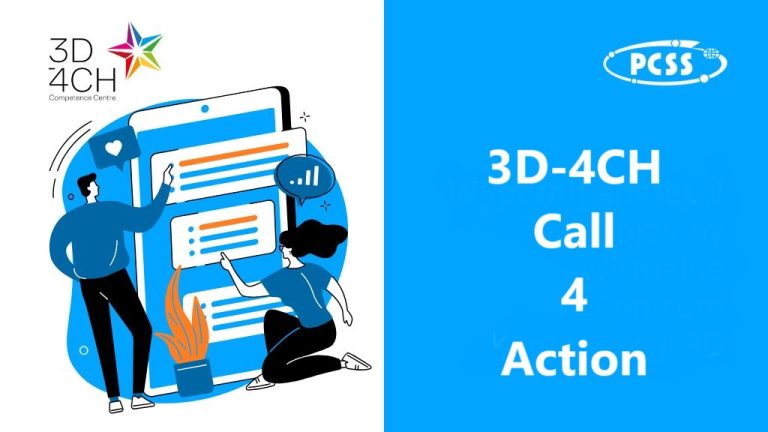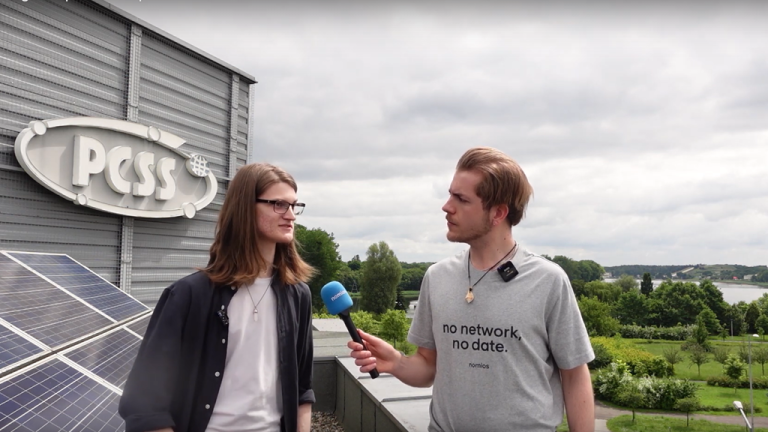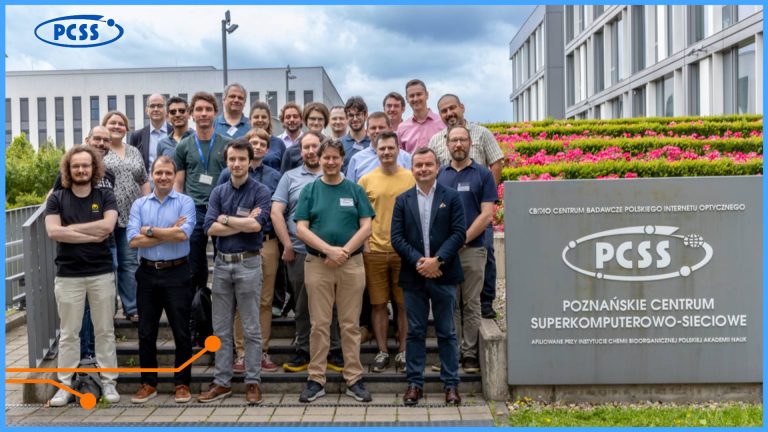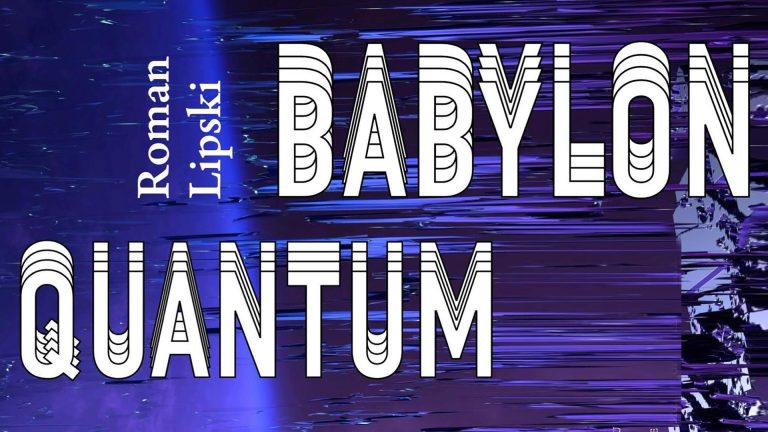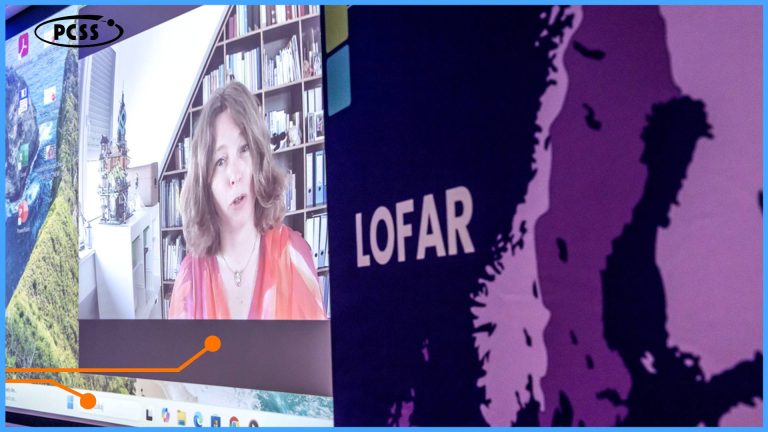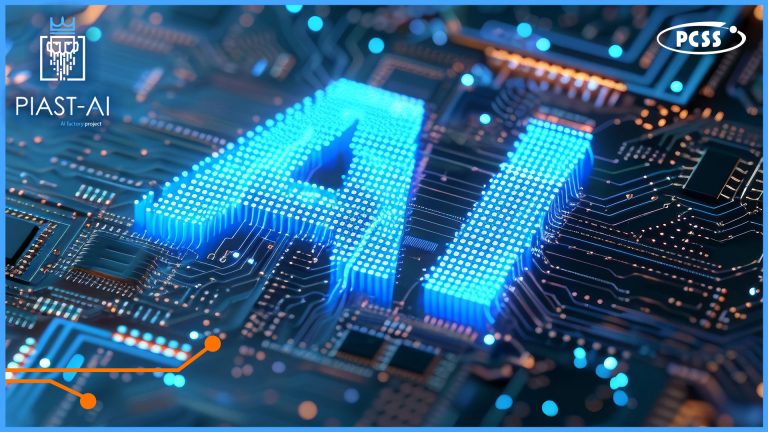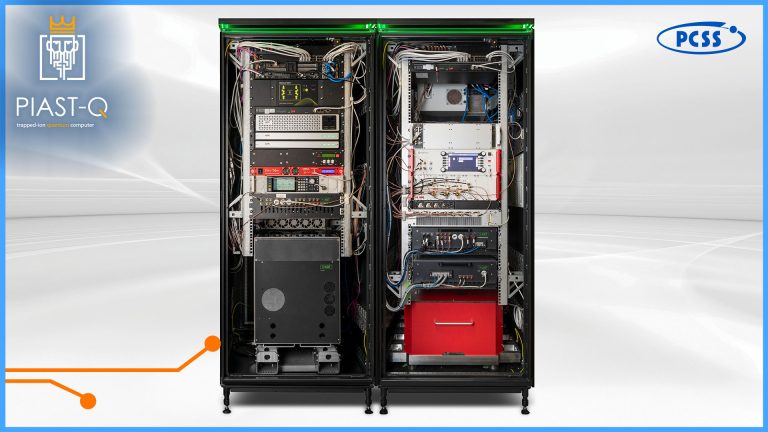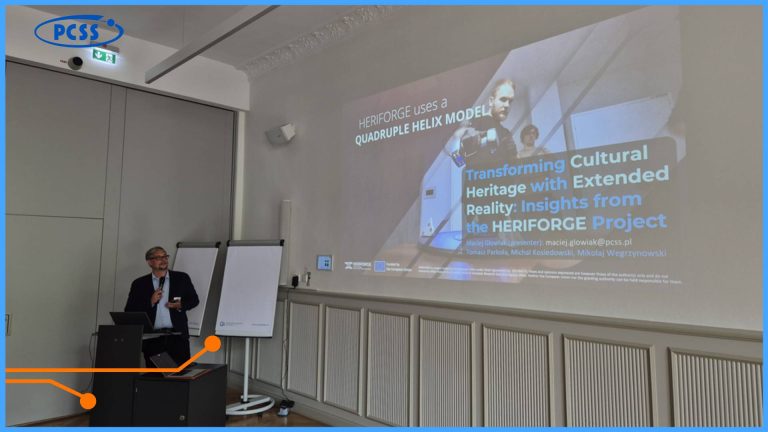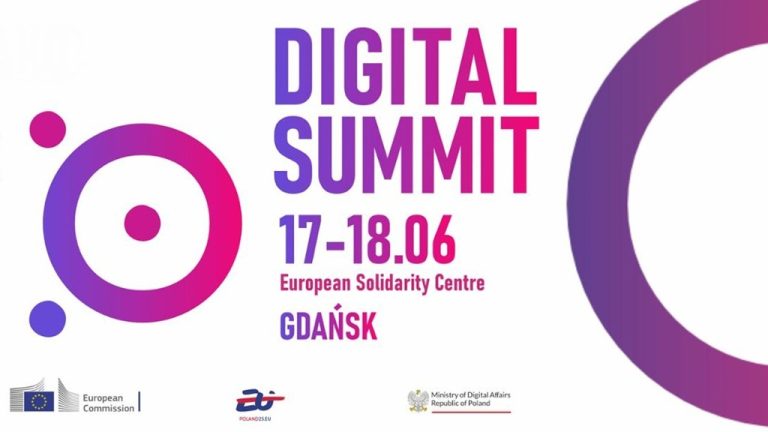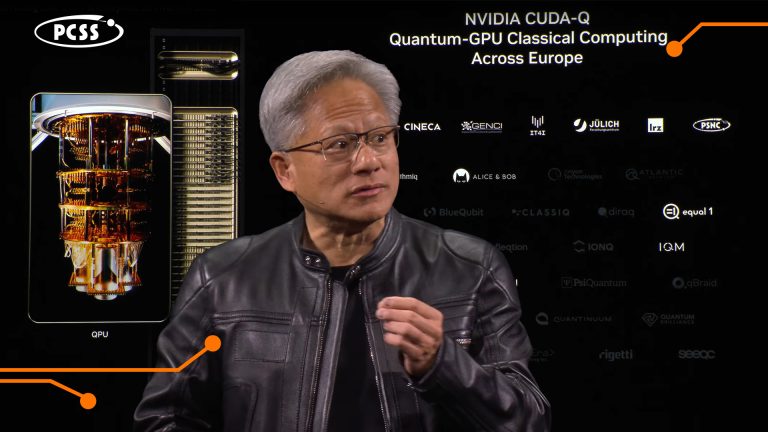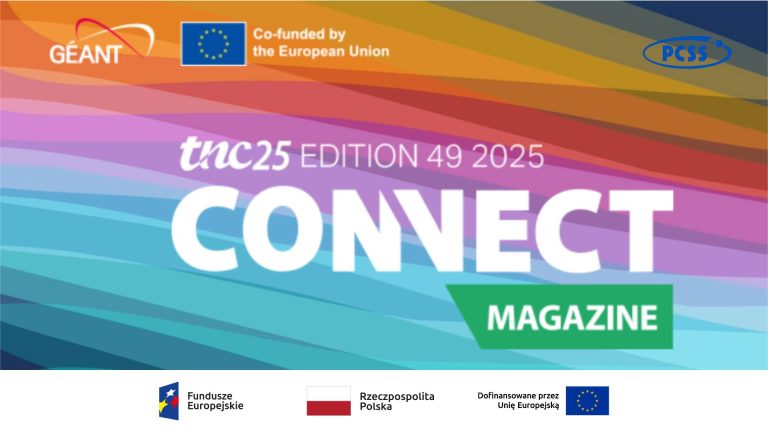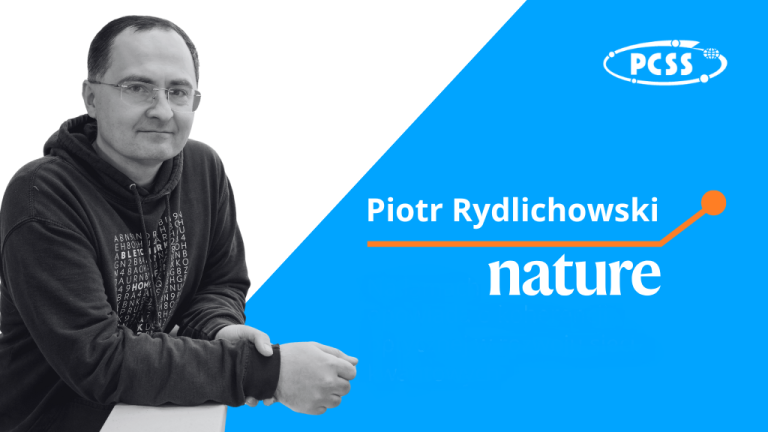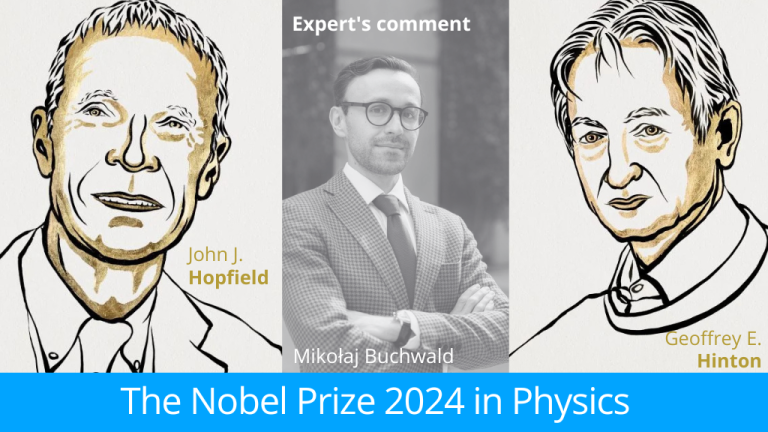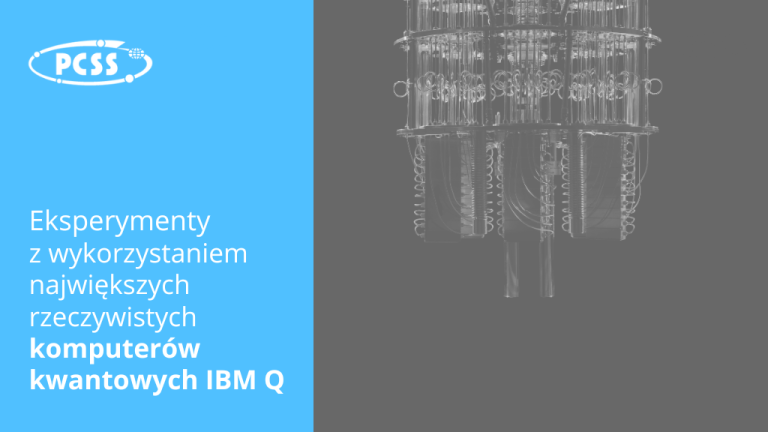The procurement contract of EuroQCS-Poland, the EuroHPC quantum computer to be located in Poland, has been signed by the European High Performance Computing Joint Undertaking (EuroHPC JU) and the company AQT, the selected vendor.
EuroQCS-Poland will be a digital, gate-based quantum computer, based on trapped-ions offering 20-plus physical qubits.
This quantum computer will primarily target research and innovation and will be available to a wide range of European end-users, spanning from the scientific community to industry and the public sector. It will support the development of a wide range of applications with industrial, scientific and societal relevance for Europe and adding new capabilities to the European supercomputing infrastructure.
The new quantum computer will be integrated with a classical supercomputing system to enhance hybrid quantum-classical computing approaches. Consequently, new hybrid quantum-classical use cases and benchmarks will be supported, including but not limited to quantum optimization, quantum chemistry, quantum material sciences and quantum machine learning. The new system on the basis of trapped-ions will also provide several unique features that will make it attractive for end-users and applications like high fidelity qubits, long coherence times, universal quantum gates and all-to-all connectivity support.
Owned by the EuroHPC JU, the system will be hosted at the Poznan Supercomputing and Networking Center (PSNC) in Poland and integrated into the local high-performance computing (HPC) infrastructure allowing for remote access via the co-located supercomputer connected to the PIONIER NREN.
PSNC leads the EuroQCS-Poland consortium, which consists of two additional Polish partners, the Center for Theoretical Physics Polish Academy of Science and Creotech Instruments S.A, and one academic partner from Latvia, the University of Latvia. PSNC is at the forefront of the initiative EuroQCS-Poland and is responsible for the full integration of hardware and software development, providing comprehensive application and user support to ensure seamless operations of the hybrid classical-quantum computing infrastructure. The Center for Theoretical Physics PAS will play a critical role in incorporating and developing techniques for efficient characterization and error mitigation tailored to the trapped ions quantum system. Their contributions will enhance the accuracy and reliability of quantum operations. Creotech Instruments will develop a cutting-edge subsystem to mitigate errors and enhance the performance of quantum computers. Their work will focus on low-latency classical-quantum hardware integration, a key factor in achieving high-performance quantum computing. The University of Latvia, renowned for its pioneering work in quantum walks for designing quantum algorithms, will focus on designing and testing new quantum algorithms. Their expertise in developing methods for quantum lower bounds will be instrumental in optimizing quantum computations.
EuroQCS-Poland is co-funded with a total acquisition cost of EUR 12.28 million. The EuroHPC JU will fund 50% of the costs and the remaining 50% will be funded by the Ministry of Digital Affairs of Poland.
The installation of the system will start in the middle of 2025.
Background
AQT (Alpine Quantum Technologies GmbH in Innsbruck, Austria) has been selected following a call for tender launched in October 2023.
On June 2023, the EuroHPC JU signed hosting agreements with six sites across Europe to host and operate EuroHPC quantum computers.
The selection of six hosting entities followed the view of offering the widest possible variety of different European quantum computing platforms and hybrid classical-quantum architectures, giving Europe the opportunity to be at the forefront of this emerging field, and to provide European users with access to diverse and complementary quantum technologies.
This initiative offers a novel interpretation of quantum computers as accelerator platforms in genuine HPC environments. The foreseen integration will require essential R&D developments towards a hybrid software stack managing both HPC and quantum computing (QC) workloads. During the integration work, all Hosting Entities will collaborate closely with European Standardisation bodies.
These six quantum computers will come on top of two analogue quantum simulators procured under the EuroHPC JU project HPCQS and which are based on neutral atoms, supplied by the French company PASQAL. HPCQS aims to develop and coordinate a cloud-based European federated infrastructure, tightly integrating two quantum computers, each controlling 100-plus qubits in the Tier-0 HPC systems Joliot-Curie of GENCI and the JUWELS modular supercomputer at the Julich Supercomputing Centre (JSC).
About EuroHPC JU
The EuroHPC Joint Undertaking (EuroHPC JU) is a legal and funding entity created in 2018 to enable the European Union and EuroHPC participating countries to coordinate their efforts and pool their resources with the objective of making Europe a world leader in supercomputing.
In order to equip Europe with a world-leading supercomputing infrastructure, the EuroHPC JU has already procured nine supercomputers, located across Europe. Three of these EuroHPC supercomputers are now ranked among the world’s top 10 most powerful supercomputers: LUMI in Finland, Leonardo in Italy and MareNostrum 5 in Spain.
No matter where in Europe they are located, European scientists and users from the public sector and industry can benefit from these EuroHPC supercomputers via the EuroHPC Access Calls to advance science and support the development of a wide range of applications with industrial, scientific and societal relevance for Europe.
About PSNC
PSNC has been involved in the construction of e-infrastructures for science and the development of advanced information and communication technologies and their wide range of applications for digital science, economy and society in Poland over the next three decades.
PSNC participates in numerous European initiatives and projects in this field – so far it has implemented over 270 EU projects. Having a state of the art, National Research and Educational fiber-optic PIONIER network, PSNC combines the research potential of Polish scientific institutions with access to European scientific instruments and institutions. Within this network, Polish scientists have had a direct connection with the European Organization for Nuclear Research CERN for several years.
As a key partner of NLPQT (National Laboratory of Photonics and Quantum Technologies), PRACE-LAB2 and Euro-HPC PL projects, located on the Polish Map of Research Infrastructure, PSNC conducts research taking into account quantum technologies. PSNC has also launched the first quantum cryptography system in Poland, which operates in an operational telecommunications environment and ensures secure network connections using innovative solutions that practically use quantum technologies for network communication.
As part of the EuroQCI initiative – building a European quantum communication network, PSNC is coordinating and implementing a dedicated quantum communication PIONIER-Q network. The PIONIER-Q network covers and connects all HPC centers in Poland and managed to connect some Metropolitan Area Network (MAN) units. In addition, a number of use cases scenarios will be implemented within the PIONIER-Q network. In March 2024, the installation of the PIONIER-Q infrastructure was completed and a total of 1,770 km of links using the Quantum Key Distribution technology were successfully built.
About AQT Quantum Computer
AQT quantum computer is characterized by its proven architecture, as well as its modularity, and expandability. Developed and validated in collaboration with the University of Innsbruck, AQT’s system fits into two 19-inch racks commonly used in data centers. Additionally, the system operates at room temperature and consumes less than two kilowatts of electrical power eliminating the need for special cooling, water, or extensive energy infrastructure.
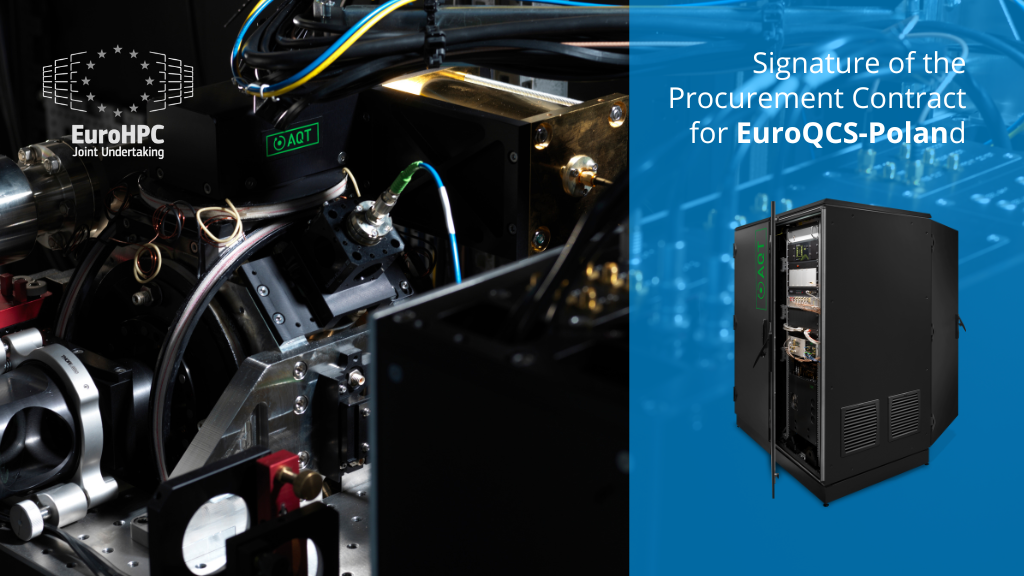
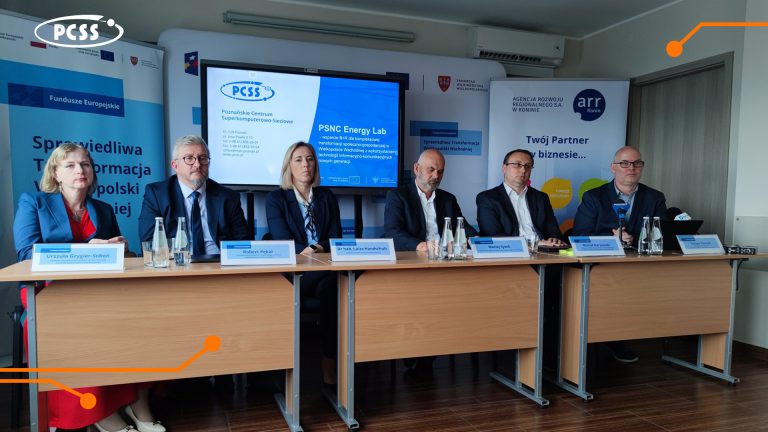
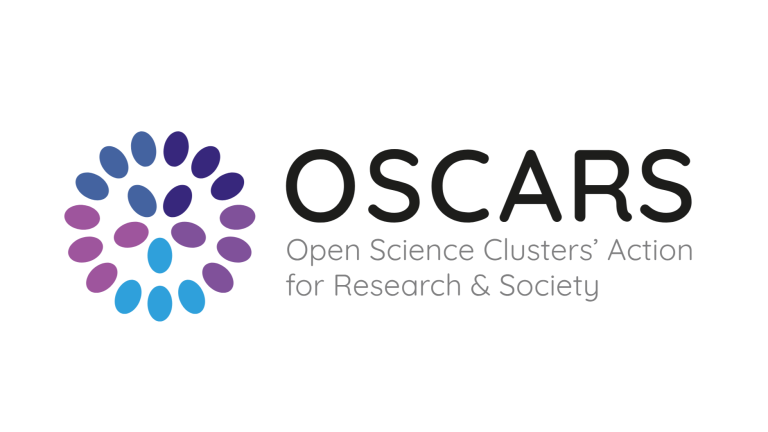

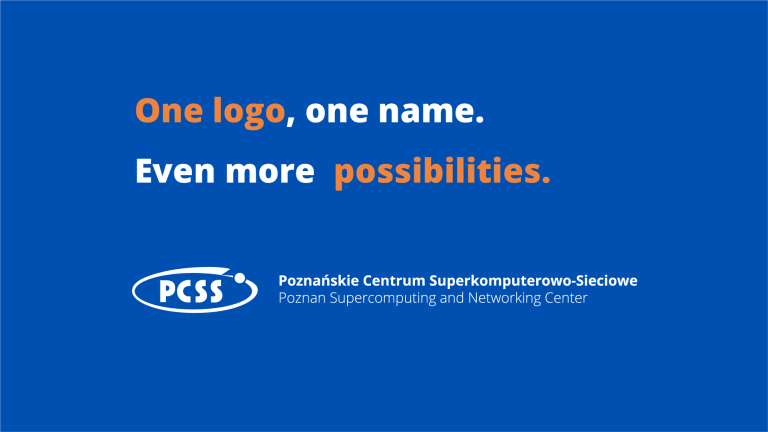
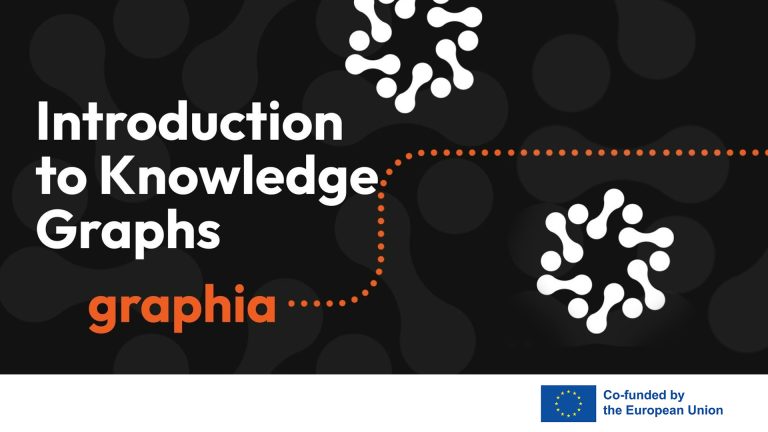
![The image displays the word "LUMEN" in a stylized, outlined font, with different letters connected by lines and arrows to various academic disciplines. The letters "L" and "U" on the left are linked to "Mathematics [Maths]" and "Social Sciences and Humanities [SSH]," while the letters "M," "E," and "N" on the right are associated with "Earth System Science [ESS]" and "Molecular Dynamics [MD]." The overall design suggests an interconnectedness of these fields, potentially illustrating the interdisciplinary nature of something represented by "LUMEN".](https://www.psnc.pl/files/2025/05/lumen2_EN-768x432.jpg)
